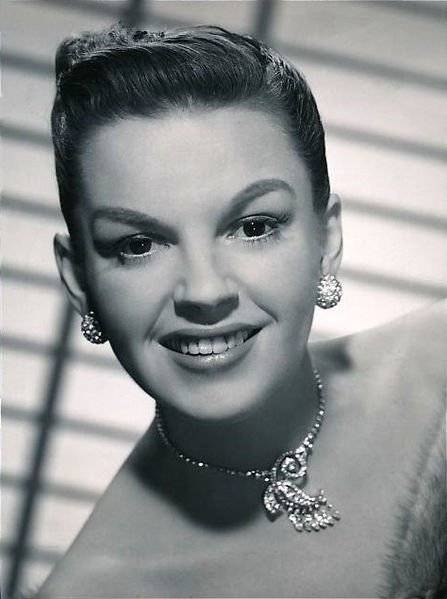This post was first published on February 28th, 2012.
The right of publicity refers to the right to prevent unauthorized commercial use of a person’s persona. A person’s persona includes his name, photograph, signature, voice or any other identity. Publicity rights vest only in a celebrity or public figure. In other words, a person must be recognized by the public in order to possess the right of publicity. The public must identify or associate an identity to a person. If such an association cannot be established, the right of publicity does not come into existence.
Use of a person’s persona for commercial gain in an unauthorized manner amounts to a violation of the publicity rights of the person. Any person must, therefore, take permission of a celebrity for using his persona for commercial gain. Such authorization for commercial use forms one of the primary revenue sources of most celebrities. By virtue of their capacity to influence the minds of the public, celebrities endorse commercial products for a fee and generate substantial revenues.
Though celebrities have the right to prevent commercial exploitation of attributes of their personality, their right is limited by the right of free speech and expression. In other words, a person will not be liable for publicity right violation if his use of a celebrity’s persona amounts to free speech and expression, which includes news reporting, caricature, lampooning, parody, films, songs and so on.
The interface between the right of publicity and free speech is not very well defined and is generally decided on a case by case basis. As the right of publicity evolved from the right of privacy in India, the test applied in cases of privacy would most probably be applied in publicity cases as well. The test used for the said purpose is the proportionality test, which has been adopted from UK decisions. For assessing whether a specific intrusion of privacy amounts to free speech and expression, the court balances between the impact of the intrusion on privacy on a public figure versus the interest of the public to access the information that is the subject of free speech. The test may be extended to publicity cases by balancing the legitimate interests of the public to access the information with the right of a celebrity to prevent unauthorized commercial use.
Publicity right actions are generally accompanied by pleas of false endorsement and passing off. By using a person’s persona in commercial advertisements and for other similar purposes, the user is misleading the public that the celebrity has endorsed the products or that there exists a business relationship between the celebrity and the user. Such misleading and false belief amounts to a false endorsement.
An action for passing off is also recognized by Indian courts for enforcing publicity rights. The tort of passing off is well recognized under the trademark law. Any misrepresentation of a mark to consumers in the course of trade, which injures the trademark owner and causes damage is said to be liable for passing off. Celebrities names and personalities are given a higher pedestal than famous trademarks and their misappropriation or misrepresentation is said to amount to passing off.
The Daler Mehndi case clearly expounded the publicity rights of celebrities in India. The court in the case held certain gift shops liable for violation of publicity rights, false endorsement and also passing off. The gift shops in the case were selling Daler Mehndi dolls that looked like Daler Mehndi, moved like him and also sang a few lines of his songs. Considering Daler Mehndi’s popularity in India, the court had no hesitation in enforcing his publicity rights. The court observed in the case that Daler’s personality was infused in the dolls and used for commercial gain, which amounts to publicity rights violation. The court also held the gift shops liable for false endorsement and passing off.
Image Source/Attribution here (This image is in the public domain)



